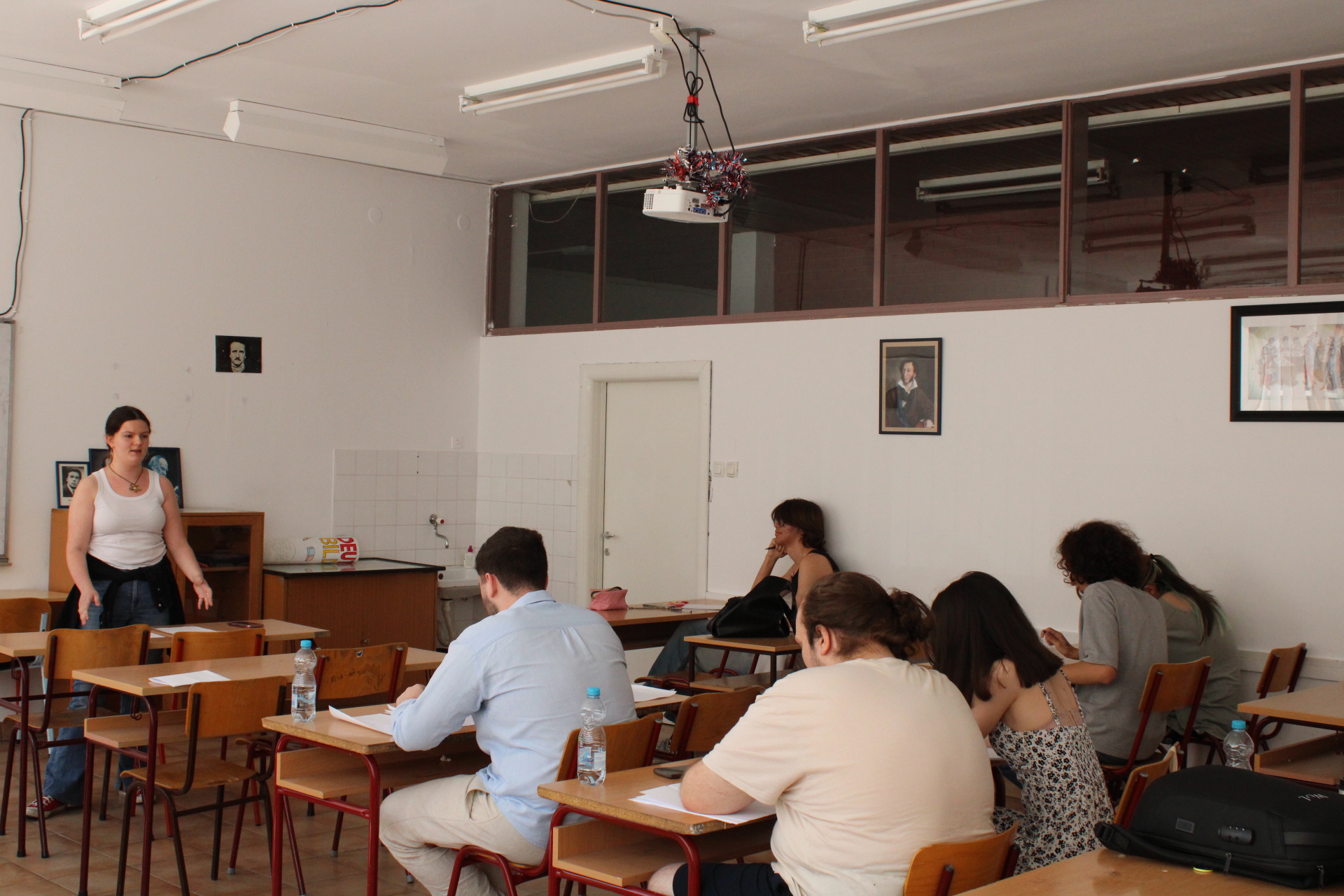Voices Across Borders: Young Europeans Debate Diversity, Democracy, and the Future
Between January and June, students in Romania, Slovenia, and Serbia stepped onto an unusual stage – not one of theater or sport, but one of words, ideas, and conviction. As part of the Erasmus+ project Debating for Diversity, three organizations joined forces to nurture a culture of dialogue among young people. What they discovered was more than skill-building: it was a transformation of confidence, empathy, and civic spirit.

Romania: MCC Students Tackle Social Media, Education, and Freedom
At the Mathias Corvinus Collegium (MCC) in Cluj-Napoca, debate sessions unfolded in three languages – Hungarian, Romanian, and English. This multilingual setting wasn’t just a practical necessity; it became a symbol of inclusion.
Romanian students explored questions such as:
- Should schools ban the use of mobile phones during classes?
- Is social media more harmful than beneficial for young people?
- Should voting become compulsory in every democracy?
For many, these debates were the first time they had defended their ideas before peers. One participant admitted:
At first I was terrified. But then I realized debate isn’t about being perfect – it’s about thinking clearly and daring to speak.
The impact was visible: students who had never spoken up in class before were now defending positions passionately, sometimes even in a second or third language. Teachers described it as “a breakthrough in confidence.”
Slovenia: Debating Minority Rights and Civic Inclusion
In Ljubljana, Za in proti – Pro et contra (ZIP) brought together students from their wide network of debate clubs. Here, the emphasis was not just on argumentation, but also on the sensitive and often difficult issues of minority rights, civic inclusion, and the future of democracy in multicultural Europe.
The Slovenian debate motions included questions such as:
Should minority languages be mandatory in public education where minority communities live?
- Does positive discrimination help or harm minority groups?
- Should voting rights be extended to non-citizen residents in local elections?
- Is multiculturalism the future of Europe, or an impossible ideal?

These topics touched a nerve. Slovenia, with its Italian, Hungarian, and Roma minorities, provided a real-life backdrop for debates that were anything but abstract. One student shared after a heated round: “I had to argue against giving more rights to minorities. At first, it felt wrong. But then I realized the exercise helped me understand how some people think – and how important it is to be able to respond.”
By the end of the semester, the students didn’t just learn how to win arguments. They learned how to listen, how to empathize, and how to stand up for the values of inclusion and diversity. Debate here became a school of democracy itself.
Serbia: Dialogue in the Midst of Turbulence
In Belgrade, Otvorena Komunikacija (OK) led sessions that were as lively as they were meaningful. Serbian students engaged with socially charged issues, including:
- Should hate speech be banned even at the cost of limiting freedom of expression?
- Is democracy always the best form of government?
- Should human rights sometimes be restricted for the sake of national security?
For young people in Serbia, where democratic participation often feels fragile, the experience carried extra weight. One participant said: “When we debated democracy, it wasn’t abstract. It was about our lives, our country, our future.”

Despite political unrest in their environment, students found in debate a safe channel for energy and ideas. The sessions didn’t just teach them to argue – they taught them to believe in dialogue as a tool for change.
Shared Lessons, Shared Inspiration
Though the contexts differed, one truth emerged across all three countries: debating is still a new and fragile practice in this region, but it carries enormous potential. The students’ enthusiasm confirmed that they are hungry for spaces where they can question, challenge, and connect.
By June, over a hundred young people had gained not only technical skills in argumentation and public speaking, but also the deeper, harder-to-measure qualities of courage, openness, and civic responsibility.
As one Romanian student summed it up after a heated discussion:
I realized I don’t just have opinions – I have a voice. And if I use it, I can make a difference.
This is the heart of Debating for Diversity: to show that debate is not just about winning arguments, but about building bridges across cultures, strengthening democracy, and empowering young voices for the future of Europe.